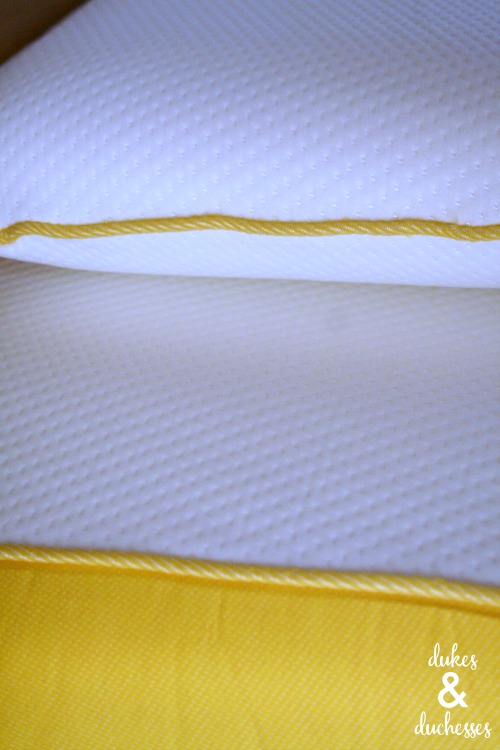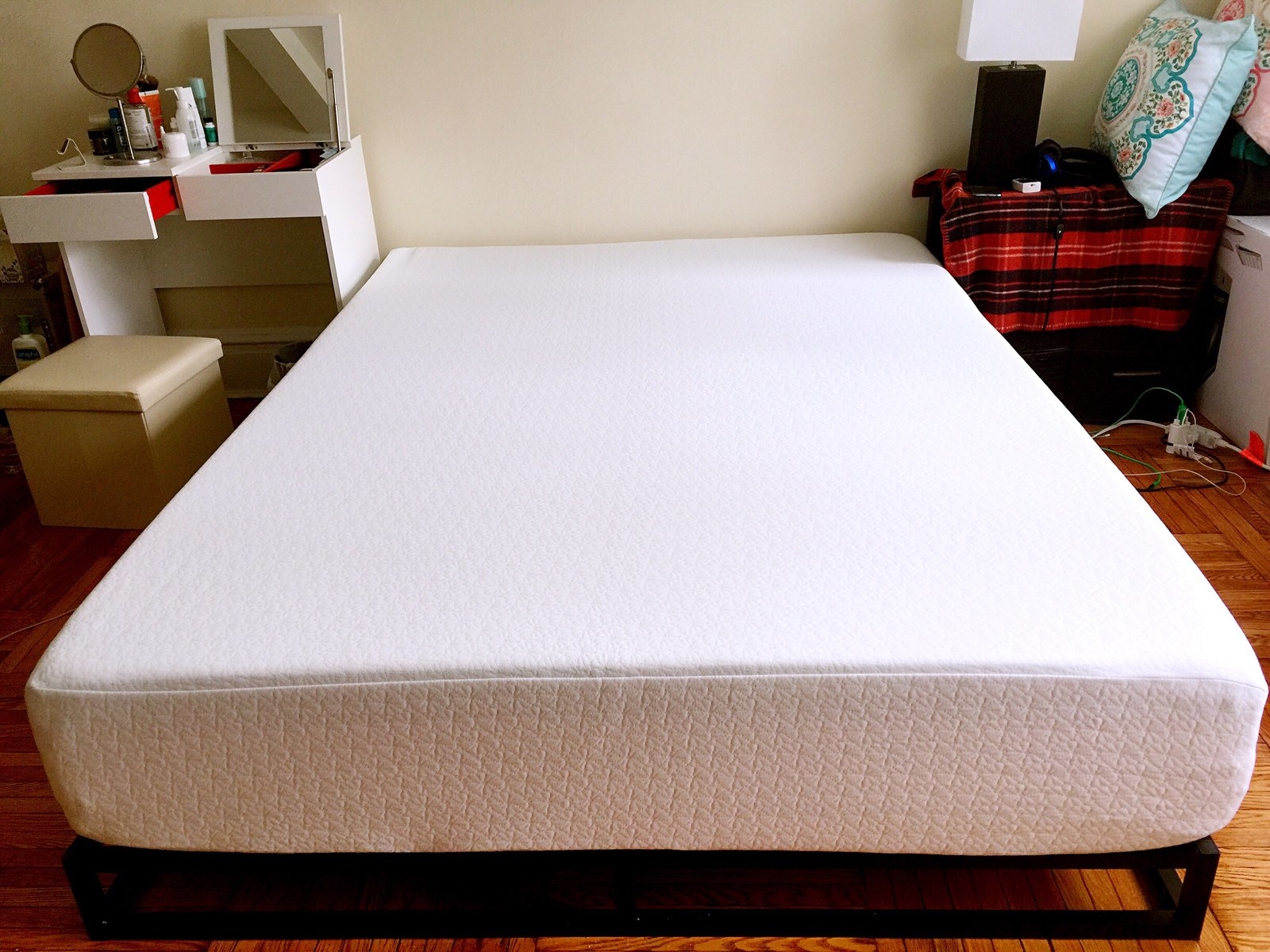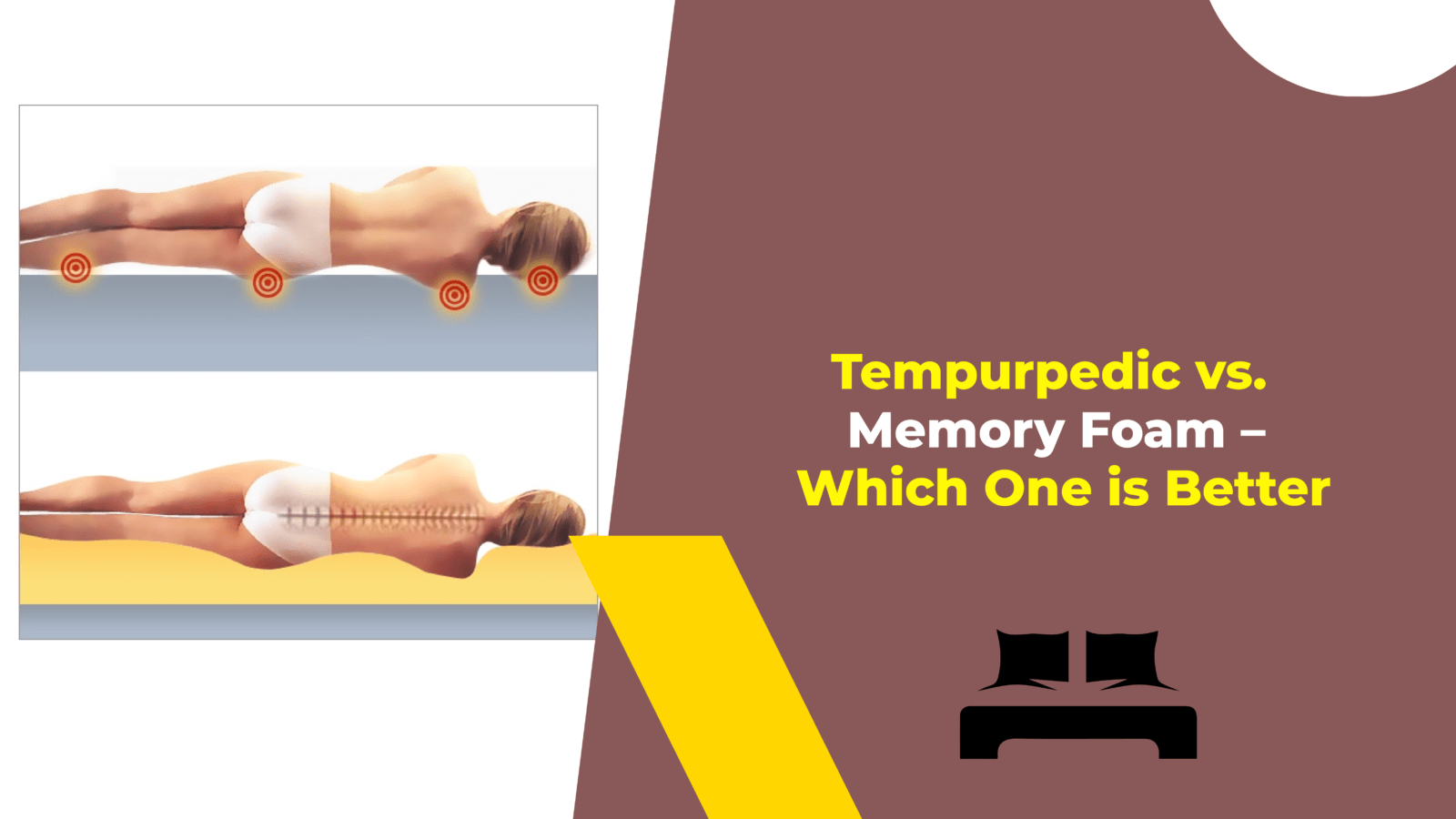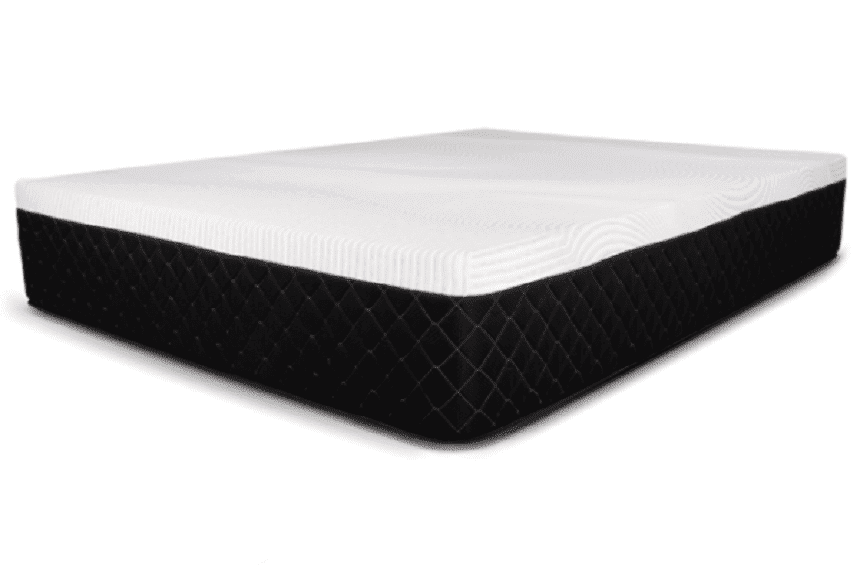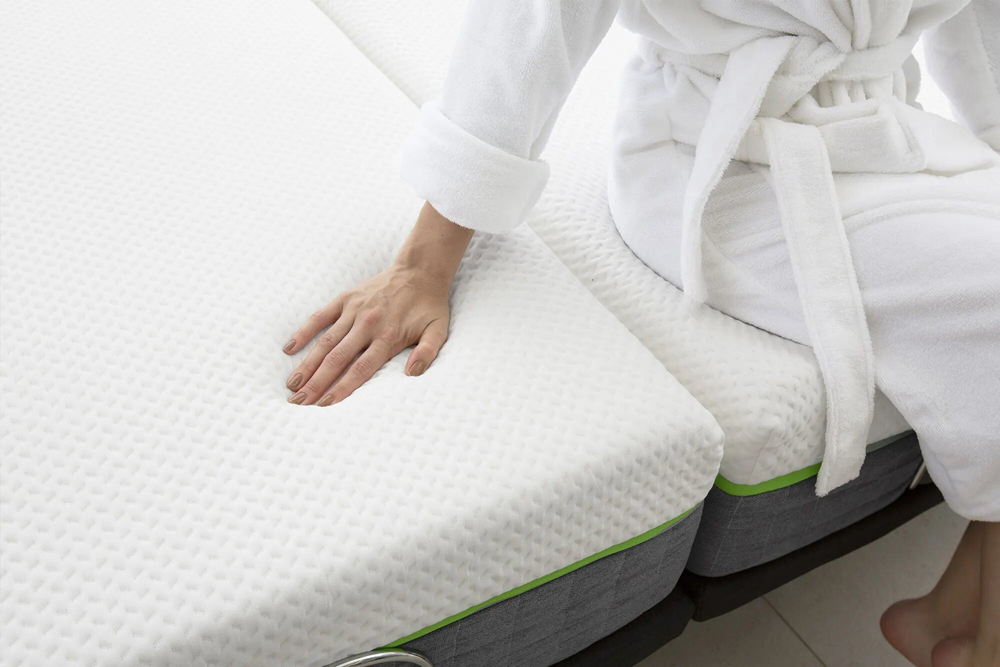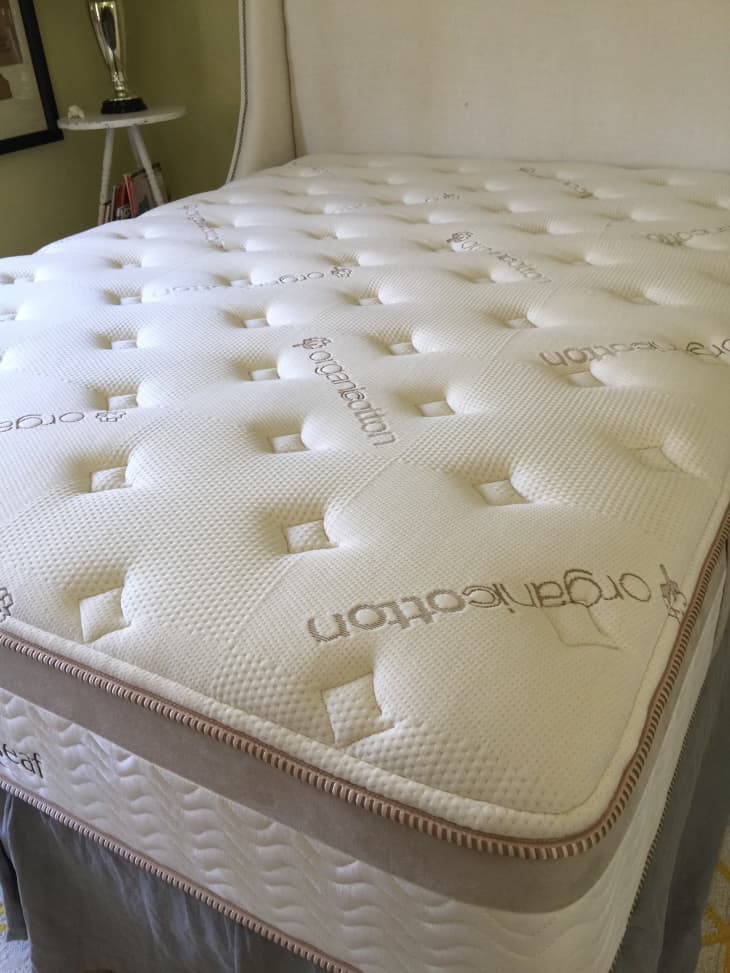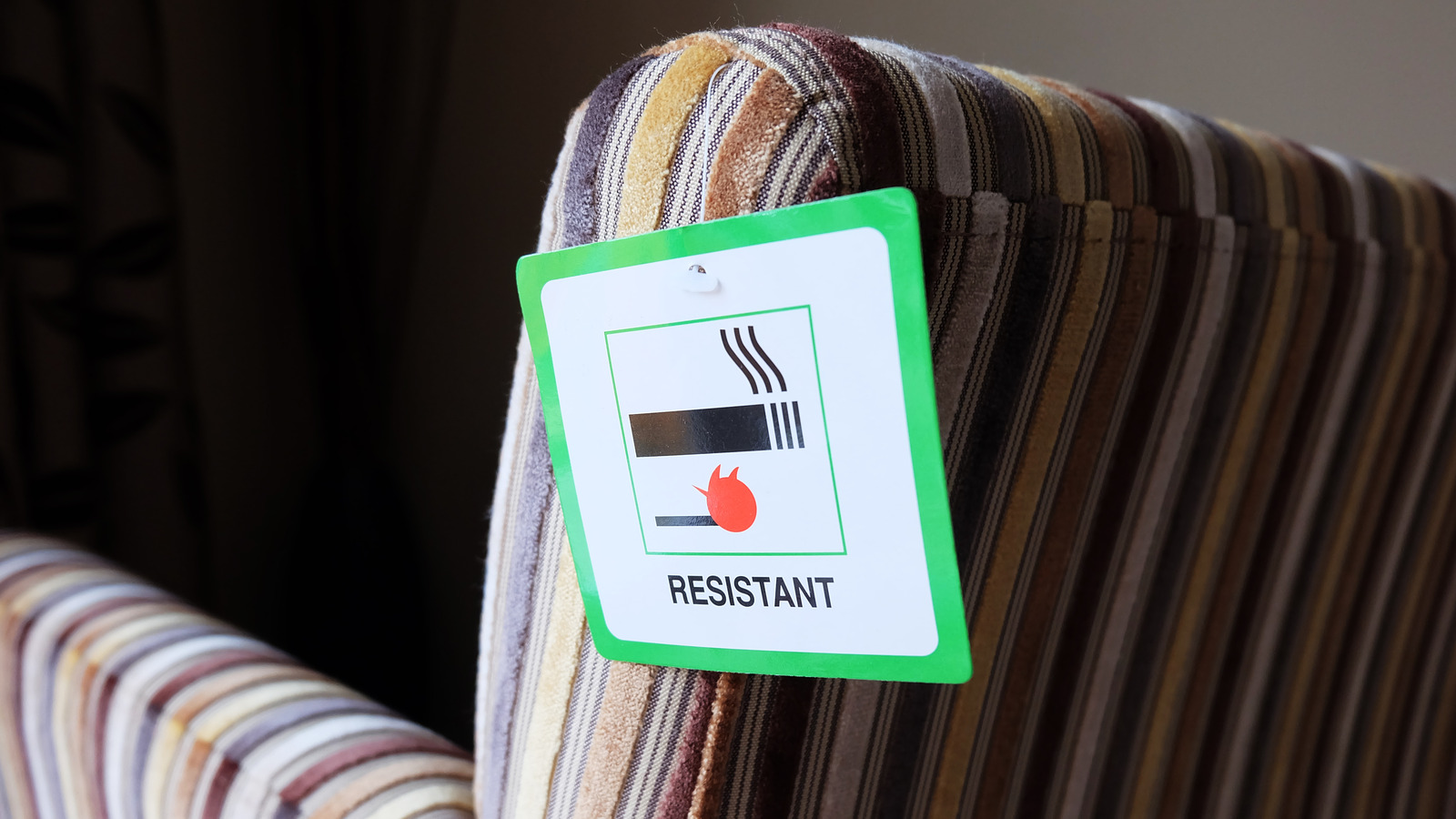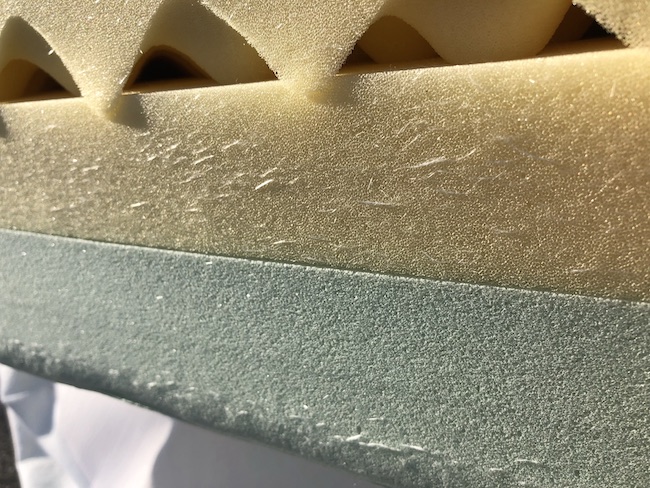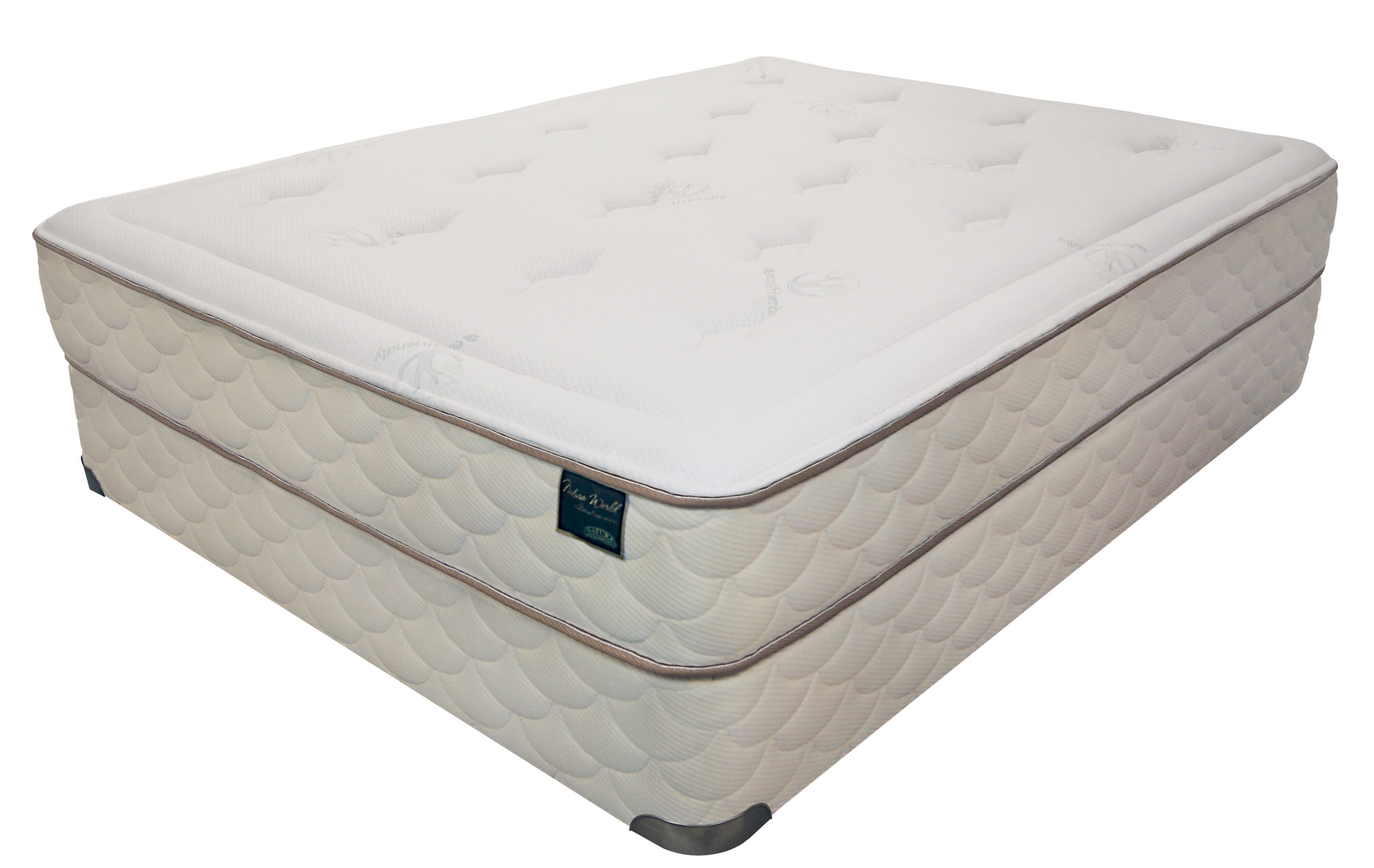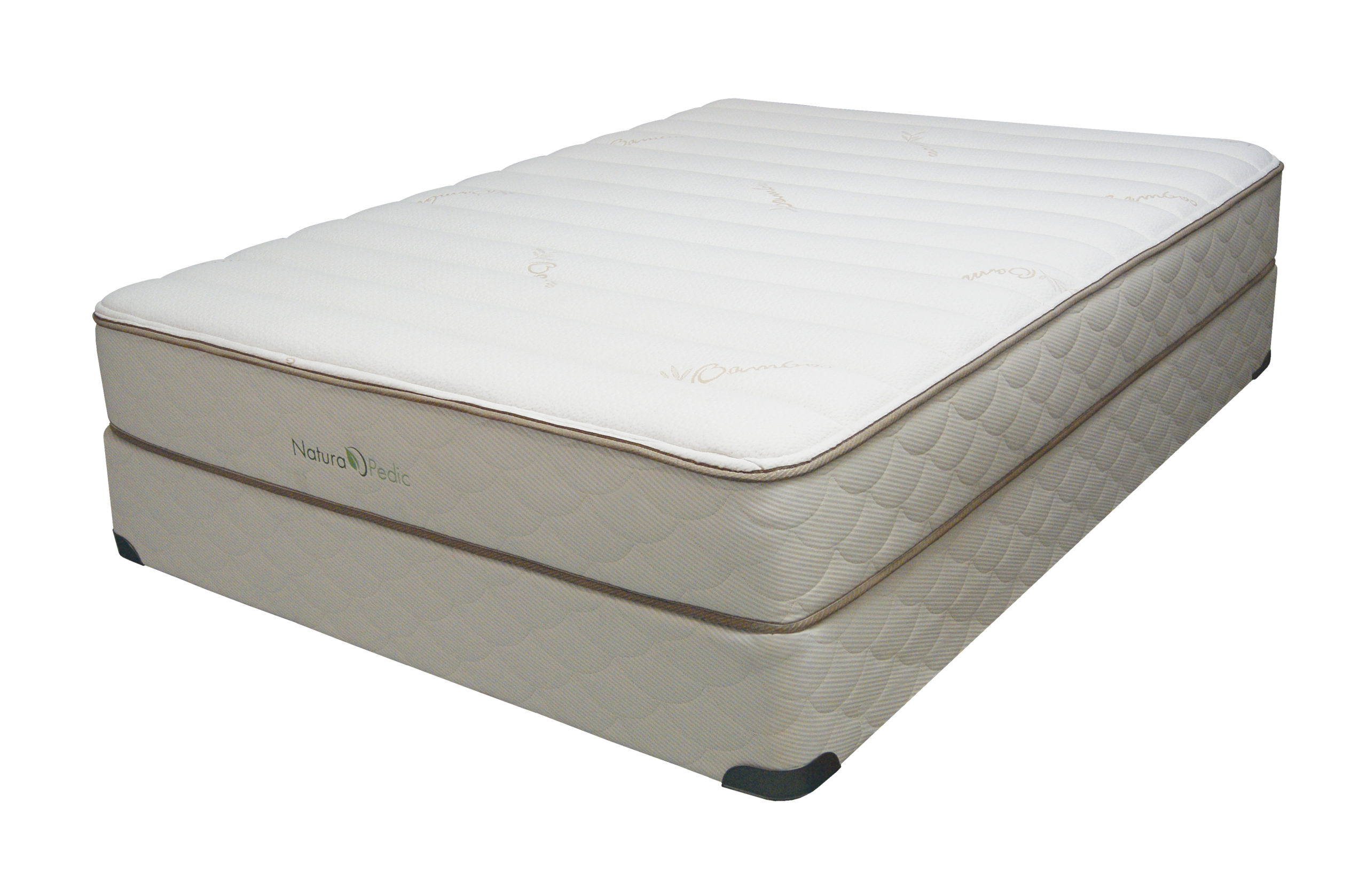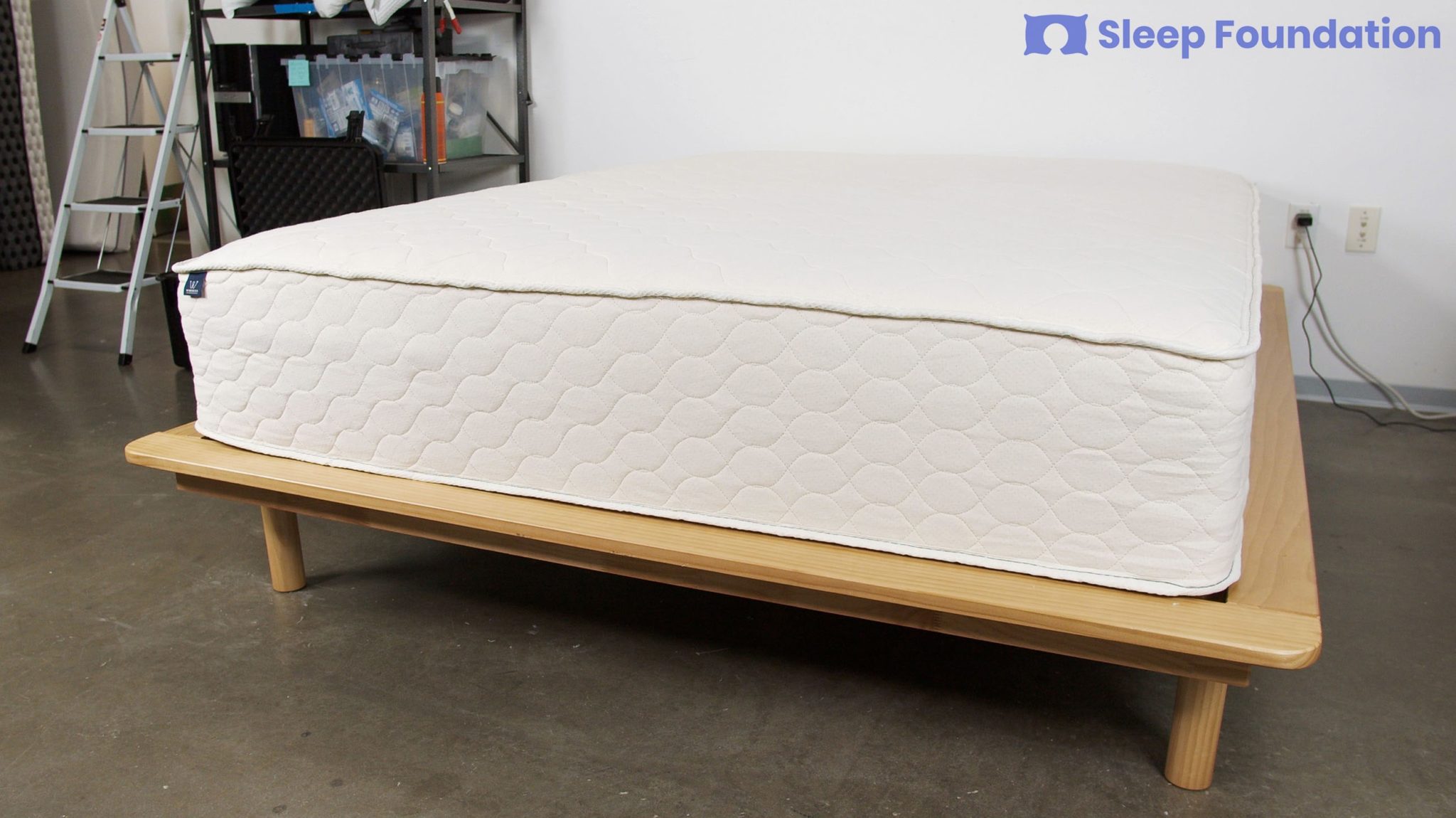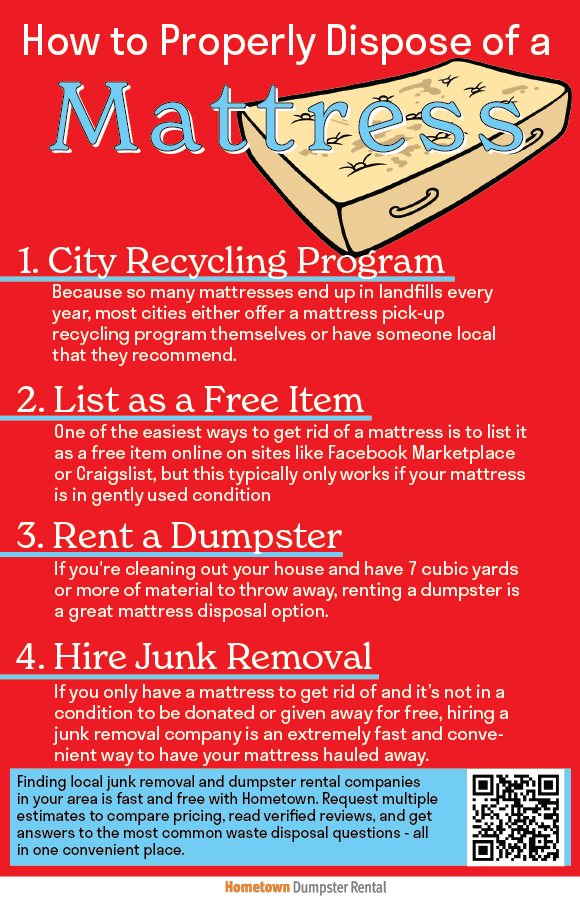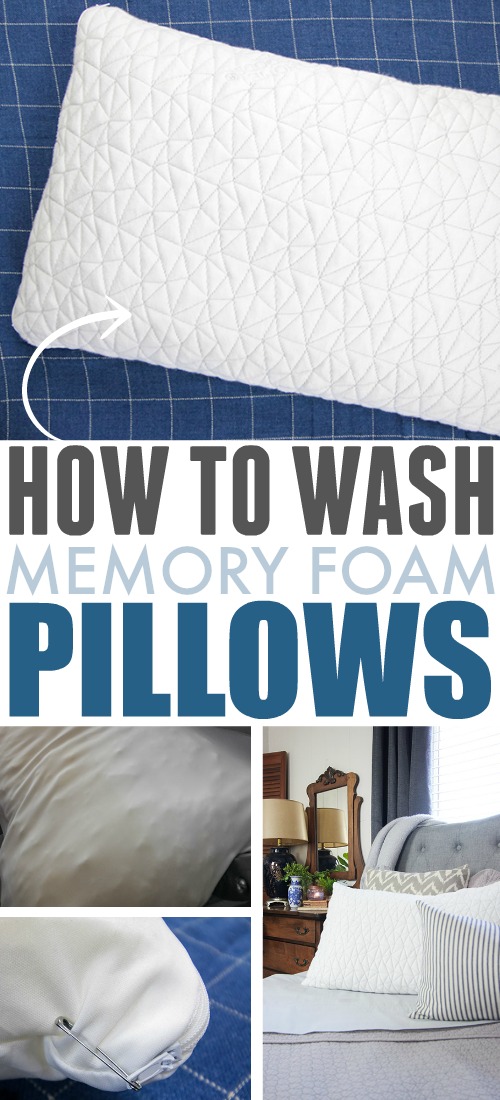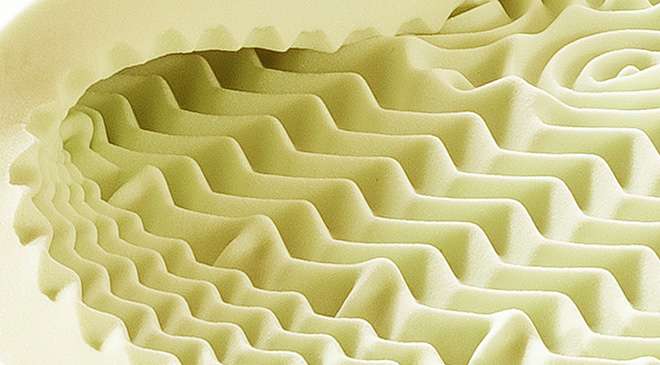If you're in the market for a new mattress, chances are you've come across memory foam options. These mattresses have become increasingly popular in recent years for their ability to conform to the shape of your body and provide a comfortable sleeping experience. However, as with any product, there are potential risks and concerns to consider before making a purchase. In particular, the toxicity of memory foam mattresses has been a topic of debate and concern. Here's what you need to know about this issue.Memory Foam Mattress Toxicity: What You Need to Know
Memory foam mattresses are made from a type of polyurethane foam, which is known to release volatile organic compounds (VOCs) into the air. These chemicals can lead to a range of health effects, including respiratory irritation, headaches, and nausea. Additionally, some memory foam mattresses may contain formaldehyde, a known carcinogen, as well as other potentially harmful chemicals.Understanding the Potential Health Risks of Memory Foam Mattresses
One of the primary concerns with memory foam mattresses is the use of chemicals and toxins in their production. These include flame retardants, which are often added to meet safety regulations but have been linked to health issues such as hormone disruption and cancer. Other chemicals that may be present in memory foam mattresses include phthalates, which have been linked to reproductive and developmental problems.The Truth About Memory Foam Mattress Chemicals and Toxins
If you're set on purchasing a memory foam mattress, there are steps you can take to minimize your exposure to harmful chemicals. Look for mattresses that are certified by organizations such as CertiPUR-US, which ensures that the foam used is free from certain chemicals. You can also opt for mattresses that use natural or organic materials instead of synthetic ones.How to Choose a Non-Toxic Memory Foam Mattress
Another option for those concerned about toxicity in memory foam mattresses is to choose an eco-friendly option. These mattresses are made with sustainable materials and are free from harmful chemicals, making them a safer choice for both your health and the environment. Keep an eye out for certifications such as OEKO-TEX Standard 100 or Global Organic Textile Standard (GOTS) to ensure the mattress meets strict environmental and health standards.Eco-Friendly Memory Foam Mattresses: A Safer Option
Off-gassing refers to the release of VOCs from memory foam mattresses, which can occur for several weeks after purchase. This can lead to unpleasant odors and potential health risks. To minimize the effects of off-gassing, consider airing out your new mattress in a well-ventilated area for a few days before using it. You can also opt for a mattress that has been certified as low-VOC or one that uses plant-based foams instead of traditional petroleum-based ones.Memory Foam Mattress Off-Gassing: What It Is and How to Avoid It
As mentioned earlier, flame retardants are commonly used in memory foam mattresses to meet safety regulations. However, these chemicals have been linked to a range of health issues and are not necessary for the average consumer. If you're concerned about flame retardants, look for mattresses that use alternative methods of fire resistance, such as wool, which is a natural and non-toxic option.The Dangers of Flame Retardants in Memory Foam Mattresses
If you want to avoid the potential dangers of memory foam mattresses altogether, consider opting for an organic option. These mattresses are made with materials that have been grown and processed without the use of chemicals or pesticides. They are also free from harmful additives and provide a more natural and healthy sleeping experience.Organic Memory Foam Mattresses: A Natural and Non-Toxic Choice
Some people may experience allergic reactions to memory foam mattresses, particularly if they have a sensitivity to certain chemicals or materials. If you experience symptoms such as itching, sneezing, or a rash, it's important to identify the cause and find a solution. You may need to switch to a different type of mattress or opt for a hypoallergenic cover to reduce your exposure to potential allergens.Memory Foam Mattress Allergies: Causes and Solutions
When it's time to replace your memory foam mattress, it's important to dispose of it properly to avoid causing harm to the environment. Unfortunately, most memory foam mattresses are not biodegradable and can take up valuable space in landfills. Instead, look for recycling programs in your area that can break down the mattress and repurpose the materials. You can also consider donating the mattress if it is still in good condition.How to Properly Dispose of a Memory Foam Mattress to Avoid Environmental Harm
The Dangers of Toxic Memory Foam Mattresses

Memory foam mattresses have become increasingly popular in recent years due to their comfort and support. However, what many people don't realize is that these mattresses may also pose potential health risks. Toxicity is a growing concern in the mattress industry, and it's important to be aware of the potential dangers associated with memory foam mattresses.
What Makes Memory Foam Mattresses Toxic?

The main culprit behind the toxicity of memory foam mattresses is the materials used to make them. Memory foam is made from a combination of petroleum-based chemicals , including polyurethane, polyethylene, formaldehyde, and flame retardants. These chemicals can off-gas or release toxic fumes into the air, which can be harmful to our health.
Health Risks of Toxic Memory Foam Mattresses

The off-gassing of toxic chemicals from memory foam mattresses can have a range of negative health effects. Volatile organic compounds (VOCs) , such as formaldehyde, can irritate the eyes, nose, and throat, and cause respiratory problems. Prolonged exposure to these chemicals has also been linked to organ damage , neurological issues , and cancer .
Protecting Yourself from Toxic Memory Foam Mattresses

In order to reduce your exposure to harmful chemicals from memory foam mattresses, there are a few precautions you can take. One option is to choose a certified organic or all-natural mattress, which are made from natural materials such as organic cotton, wool, and latex. These mattresses are chemical-free and non-toxic , making them a safer option for your health.
Another option is to look for memory foam mattresses that are CertiPUR-US certified. This certification ensures that the mattress is made without certain harmful chemicals and meets strict emission standards . It's also important to properly ventilate your bedroom and air out your new mattress before use to help reduce the off-gassing of chemicals.
Conclusion

While memory foam mattresses may provide comfort and support, the potential health risks associated with their toxicity should not be ignored. By being aware of the materials used in these mattresses and taking necessary precautions, you can protect yourself and your family from exposure to harmful chemicals. Consider opting for a certified organic or all-natural mattress for a safer and healthier sleep environment.

